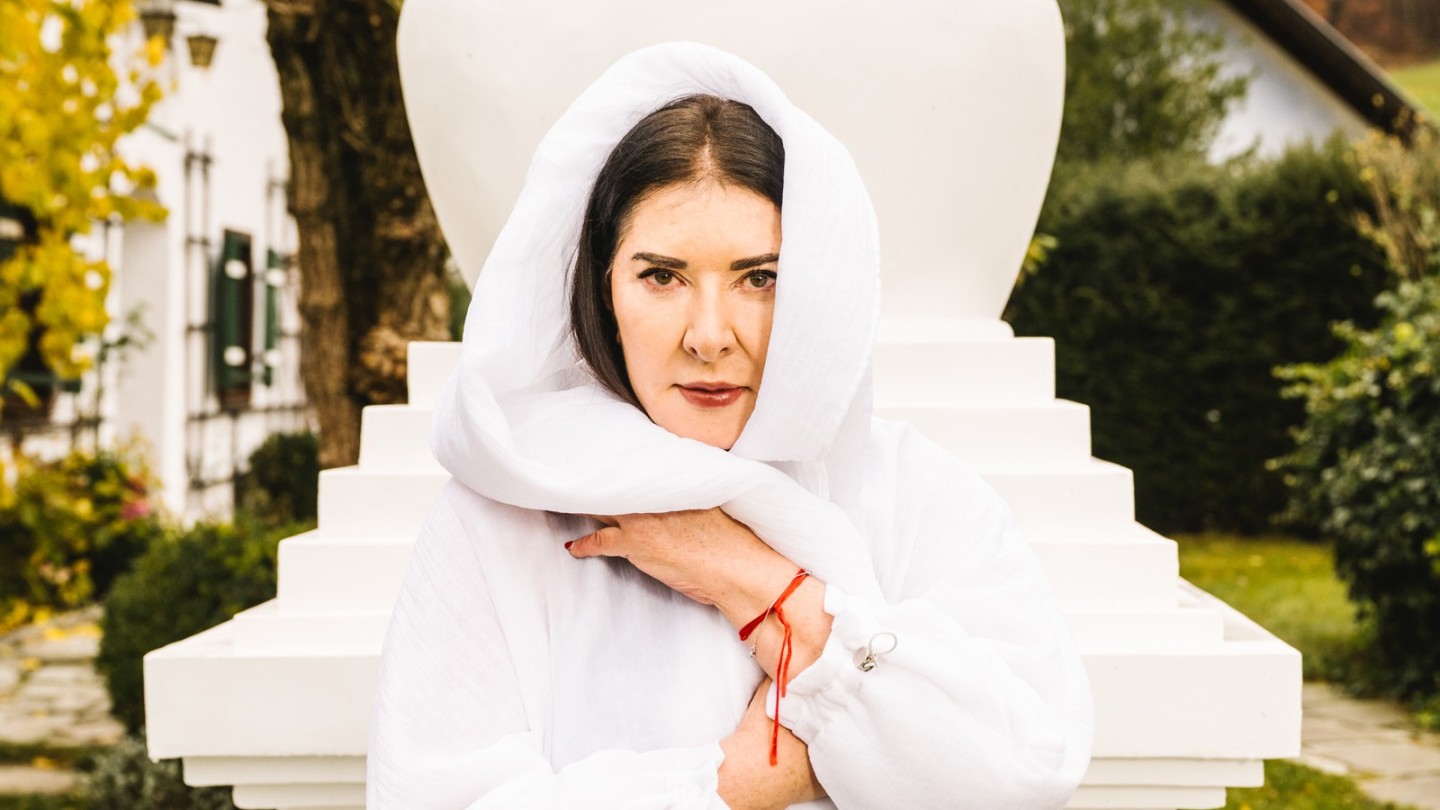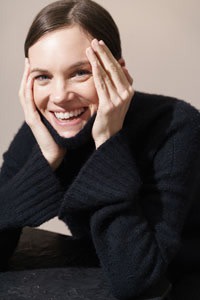HTSI editor’s letter: how to feel good in 2024

Roula Khalaf, Editor of the FT, selects her favourite stories in this weekly newsletter.

Welcome back to our first HTSI of 2024 – and I hope you all had a happy new year.
Our third feelgood issue kicks off with life lessons from the performance artist Marina Abramović, who has turned a decades-long study of pain, stoicism and endurance into a new longevity business through which she is dispensing her precepts for a long and happy life.
Laughing is key to feeling good, she tells us. No kidding. She especially likes watching Chris Rock when she needs to turn her mood around. Sex is another key to prosperity and wellness, as is the occasional use of leeches, alongside her four new tinctures – I’m especially intrigued by the allergy drops that are part of her arsenal.

Fiona Golfar met Abramović and her mentor Dr Nonna Brenner at Brenner’s health centre in Austria, and seems stronger and more vital than ever in her 77th year. I have always been struck by Abramović’s rigorous charisma and her ability to sublimate very ordinary human reactions – such as blinking or wincing – while enduring bizarre discomforts or actual pain. If the secret of her power is found in quartz stones, shilajit and antioxidants such as liquorice root, I’m ready to hear all about it. There are few longevity gurus as compelling as “the grandmother of performance art”.

Less artful, though no less successful, are the wisdoms of Tim Spector, professor of genetic epidemiology at King’s College London, and co-founder of the Zoe app. Its tribe now boasts some 130k subscribers all dedicated to the workings of their gut health, and many preach its findings like devotees of a cult. Henry Mance visited him in north London to unpick the science from the hype.

Do you have cellulite? This stubborn, orange-peel skin texture affects up to 98 per cent of women, although the degree to which you might suffer depends on a cruel algorithm of lifestyle, genetics and age. Sophie de Rosée, who has felt self-conscious about her legs since her teenage years, embarked on a months-long programme to see to what extent the peel could be shifted. She discovered, sadly, that the most effective treatments required a fairly brutal approach and that, sadder still, those treatments were designed to be administered over the course of several weeks. How far are we prepared to go for a cosmetic issue, and do the results have the psychological impact we also crave? De Rosée’s piece looks at cellulite, but also offers an insight into ageing, self-absorption and the things that really matter besides a peachy bum.

Lastly, a subject about which I feel very strongly. After 14 years of living with my crappy Victorian floorboards – with gaps you could park a bike in – I have decided to carpet my upstairs bedroom and embrace late-middle age. As it happens, wall-to-wall carpet is having a renaissance, as seen via Peter Hawkings on the Tom Ford catwalk, designers Britt Moran and Emiliano Salci of Dimorestudio, and Sofia Coppola’s Priscilla, which finds Graceland furnished in a luxurious, creamy shag. Carpet is cool. Carpet is sexy. Carpet makes the house so goddamn cosy – even though it might suggest you are of a pensionable age. The once howling draft has been so minimised in my bedroom I have been able to turn off all the radiators: there’s no greater feelgood feeling than a reduction in your heating bill.

Want to read HTSI before everyone else? Get all the top stories straight to your inbox every Friday. Sign up to our free weekly newsletter here
Comments